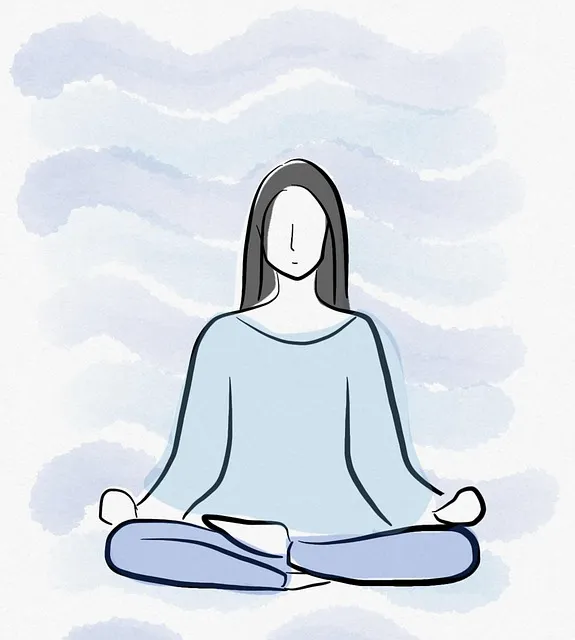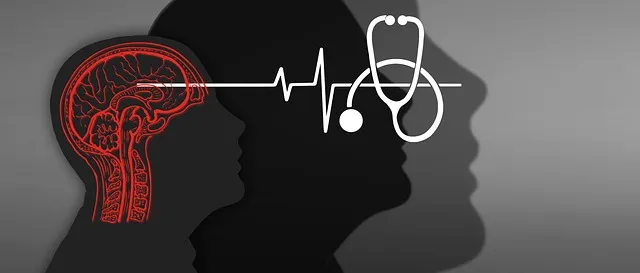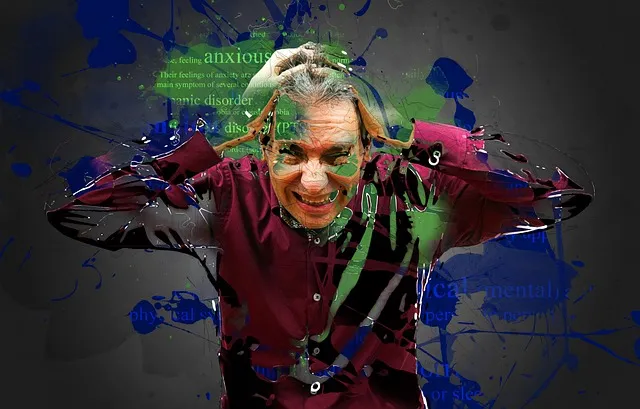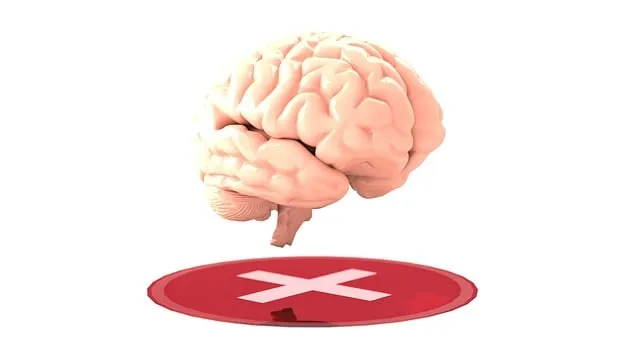Kaiser Permanente mental health Wheat Ridge emphasizes the importance of a personalized self-care plan for optimal mental wellness. This involves identifying triggers and emotional responses through introspection, developing coping skills like mindfulness and exercise, and setting realistic goals. Their approach combines evidence-based practices, including relaxation techniques and social skills training, to create a resilient self-care routine, promoting better stress management and overall well-being.
Develop a powerful mental wellness self-care routine with guidance from Kaiser Permanente Wheat Ridge. Understanding your unique mental health needs is the first step, as outlined in their comprehensive resource. From there, learn to identify triggers and stressors through self-reflection, enabling you to build a personalized routine that incorporates mindfulness, relaxation techniques, and realistic goal-setting. Discover how these practices can enhance your overall well-being, just like Kaiser Permanente Wheat Ridge helps their community navigate mental health journeys.
- Understanding Your Mental Health Needs: A Guide from Kaiser Permanente Wheat Ridge
- Identifying Triggers and Stressors: Taking Stock of Your Life
- Building Blocks of a Self-Care Routine: Habits for Mindful Living
- Incorporating Relaxation Techniques: Finding Calm in Chaos
- Setting Realistic Goals: Measuring Success on Your Mental Wellness Journey
Understanding Your Mental Health Needs: A Guide from Kaiser Permanente Wheat Ridge

Understanding your mental health needs is a crucial step towards developing a self-care routine that truly works for you. Kaiser Permanente Wheat Ridge emphasizes the importance of recognizing individual differences and unique challenges when it comes to mental wellness. Every person’s journey to better mental health is distinct, shaped by factors like personal history, lifestyle, and coping mechanisms.
The team at Kaiser Permanente offers guidance on navigating this process. They suggest starting with an honest assessment of your current state, identifying areas that require support. This might involve recognizing triggers, understanding your emotional responses, and assessing existing coping skills. From there, you can begin to cultivate a personalized self-care plan incorporating activities like therapy, exercise, mindfulness practices, and social connections, all tailored to address your unique mental health needs.
Identifying Triggers and Stressors: Taking Stock of Your Life

Identifying triggers and stressors is a crucial step in developing an effective self-care routine for your mental wellness. Kaiser Permanente mental health Wheat Ridge professionals emphasize that taking stock of your life involves introspecting to understand what sets off negative emotions or exacerbates existing mental health conditions. This process requires honest reflection on various aspects of your daily life, including relationships, work, and leisure activities. By keeping a journal or mindfulness practice, you can begin to recognize patterns and identify specific triggers.
For instance, high-stress situations at work, challenging conversations with loved ones, or even certain environments might contribute to heightened anxiety or depression symptoms. Once these triggers are identified, it becomes easier to develop coping strategies tailored to your unique needs. Incorporating practices like mindfulness meditation, regular exercise, or engaging in hobbies can help mitigate stress and promote overall mental wellness. Additionally, considering communication strategies, social skills training, or Mental Illness Stigma Reduction Efforts as part of your self-care routine could further enhance your ability to navigate and manage these stressors effectively.
Building Blocks of a Self-Care Routine: Habits for Mindful Living

Creating a mental wellness self-care routine is akin to building a sturdy house; it starts with a strong foundation. The building blocks of this routine are habits that cultivate mindfulness and empathy within daily life. For instance, dedicated time for meditation or deep breathing exercises can serve as anchors, grounding individuals amidst chaos. These practices foster awareness of both the mind and body, promoting better stress management, a key aspect highlighted by Kaiser Permanente mental health Wheat Ridge.
Additionally, incorporating activities that nurture creativity and physical well-being, such as journaling, yoga, or even walks in nature, strengthens the routine’s pillars. Public awareness campaigns development often emphasizes the importance of these self-care strategies for building resilience against life’s challenges. By consistently practicing empathy-building strategies, individuals can enhance their ability to navigate stress, ultimately leading to a more balanced and fulfilling mental wellness journey.
Incorporating Relaxation Techniques: Finding Calm in Chaos

Incorporating relaxation techniques is a vital part of developing a strong mental wellness self-care routine, especially in today’s fast-paced world. At Kaiser Permanente mental health Wheat Ridge, we emphasize the importance of finding moments of calm amidst chaos. By integrating practices like mindfulness meditation, deep breathing exercises, and progressive muscle relaxation into daily life, individuals can enhance their emotional intelligence and cultivate inner strength development.
These techniques allow one to disconnect from stressful thoughts and re-engage with a sense of peace and clarity. Regular practice not only improves overall mental health but also equips individuals with effective tools to navigate challenging situations. Incorporating these self-care practices into daily routines enables a more balanced and resilient mindset, fostering better emotional regulation and overall well-being.
Setting Realistic Goals: Measuring Success on Your Mental Wellness Journey

When developing a mental wellness self-care routine, setting realistic goals is paramount. It’s crucial to understand that progress isn’t always linear; it’s a journey with peaks and valleys. Therefore, instead of aiming for perfection, set achievable milestones aligned with your current state and aspirations. For instance, if you’re looking to enhance your stress management skills, start with incorporating mindfulness meditation for 10 minutes daily rather than aiming for an hour immediately.
Kaiser Permanente mental health Wheat Ridge offers valuable resources for those seeking guidance. Their programs often include a mix of evidence-based practices such as Social Skills Training and Mental Health Policy Analysis and Advocacy to cater to diverse needs. By setting realistic goals, you can track your successes and adjust your routine accordingly. Remember, each small step forward is a victory on your mental wellness journey.
Developing a personalized mental wellness self-care routine, guided by resources like those offered by Kaiser Permanente Wheat Ridge, is a transformative journey. By understanding your unique mental health needs, identifying triggers, and incorporating effective relaxation techniques and realistic goals, you can navigate life’s challenges with greater resilience and well-being. Remember, consistent practice is key to unlocking the benefits of self-care and fostering a healthier, happier you.






